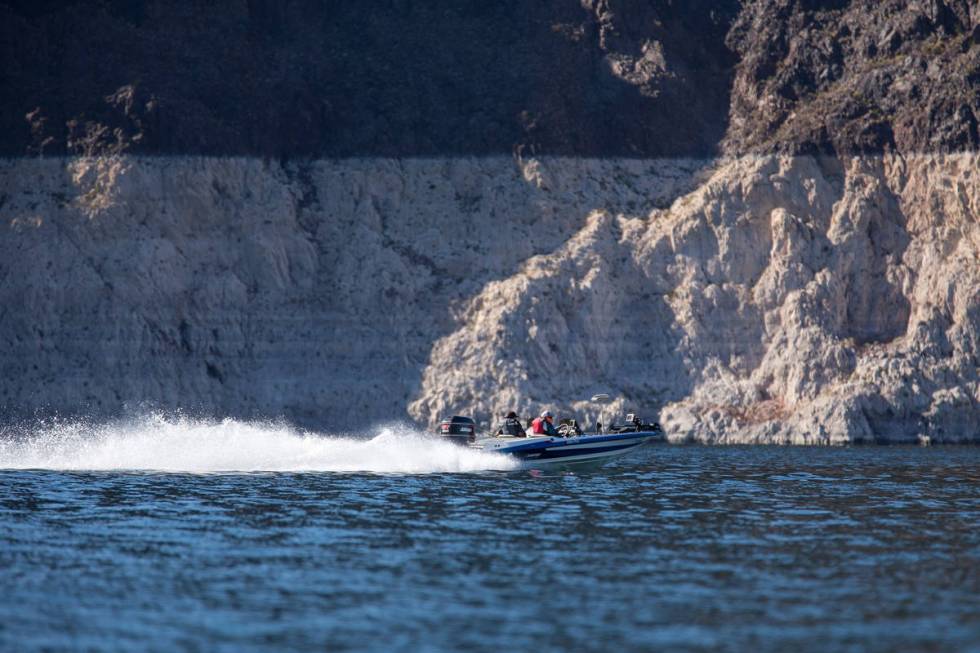As spring temperatures rise, outdoor adventures beckon

As spring temperatures begin to warm up, it is not uncommon to see people preparing for a foray somewhere in the outdoors. Some will look to spend time camping in a primitive environment. Others will plan for a stay in more developed surroundings, and some will prepare for a day of boating on one of our local reservoirs.
Whatever your pleasure, be sure to take the time now to inspect all your gear before you leave town. A remote corner of Nevada is no place to find that a piece of gear no longer functions as it should. Check for such things as tears in tent fabric, leaks in camp stove components and worn-out propane fittings. And make sure your rain jacket still fits as it should.
If you are a boater, the first trip of spring should always involve a detailed inspection of your vessel, its various components and the trailer you use to transport it. Some boaters may view this step as little more than a waste of time, but the time invested in such an inspection is time well spent. Especially if you find something that needs to be taken care of before you launch your boat.
You can make the inspection on your own or take the vessel to your personal mechanic. During my game warden years, disabled vessels were a common sight each spring. The common denominator was the lack of an inspection before the owner launched the boat for the first trip of the year. Keep in mind that strange things can happen to any piece of equipment that is left to sit for a while.
A boat’s fuel system merits special attention. Boats that have been sitting for the winter can sometimes develop issues that can turn out to be more than an annoyance. A leaky fuel line can lead to explosive results, and plugged fuel lines can prevent the motor from running and leave you stranded far from help.
My coworkers and I responded to multiple boat fires through the years and a leaky fuel line was generally the culprit.
Take the time to inspect all fuel system components, especially the hoses and fittings. Be sure the fittings are tight and function as they should. Look for signs of metal fatigue. Check the hoses for cracks and other indicators that might suggest it is time for a change. When in doubt, make the change. And do not overlook the fill and vent hoses. These can be sources of leaks and escaping gasoline fumes.
Clean or replace fuel filters as needed and take the time to check the bilge blower as well. The blower is integral to the prevention of gasoline-related boat explosions because it is designed to clear the bilge of fumes. Be sure it does its job.
Be sure to check your onboard carbon monoxide and smoke detectors if you have them. If you have an onboard generator, the carbon monoxide detector is a must. If the detector sounds off, do not automatically think it is a mistake or that the detector is bad. Take it to your mechanic and let them figure it out. Your passengers’ lives are worth the inconvenience.
A boat’s electrical system can be another source of early season headaches. Make sure all connections are clean and tight, and have your batteries checked to make sure they hold a full charge. If not, replace them.
When it comes to the trailer be sure to inspect the tires, both sidewalls and the tread, and grease the wheel bearings. Also make sure to check the lights and electrical connections.
Freelance writer Doug Nielsen is a conservation educator for the Nevada Department of Wildlife. His “In the Outdoors” column is not affiliated with or endorsed by NDOW. Any opinions are his own. Find him on Facebook at @dougwritesoutdoors. He can be reached at intheoutdoorslv@gmail.com.